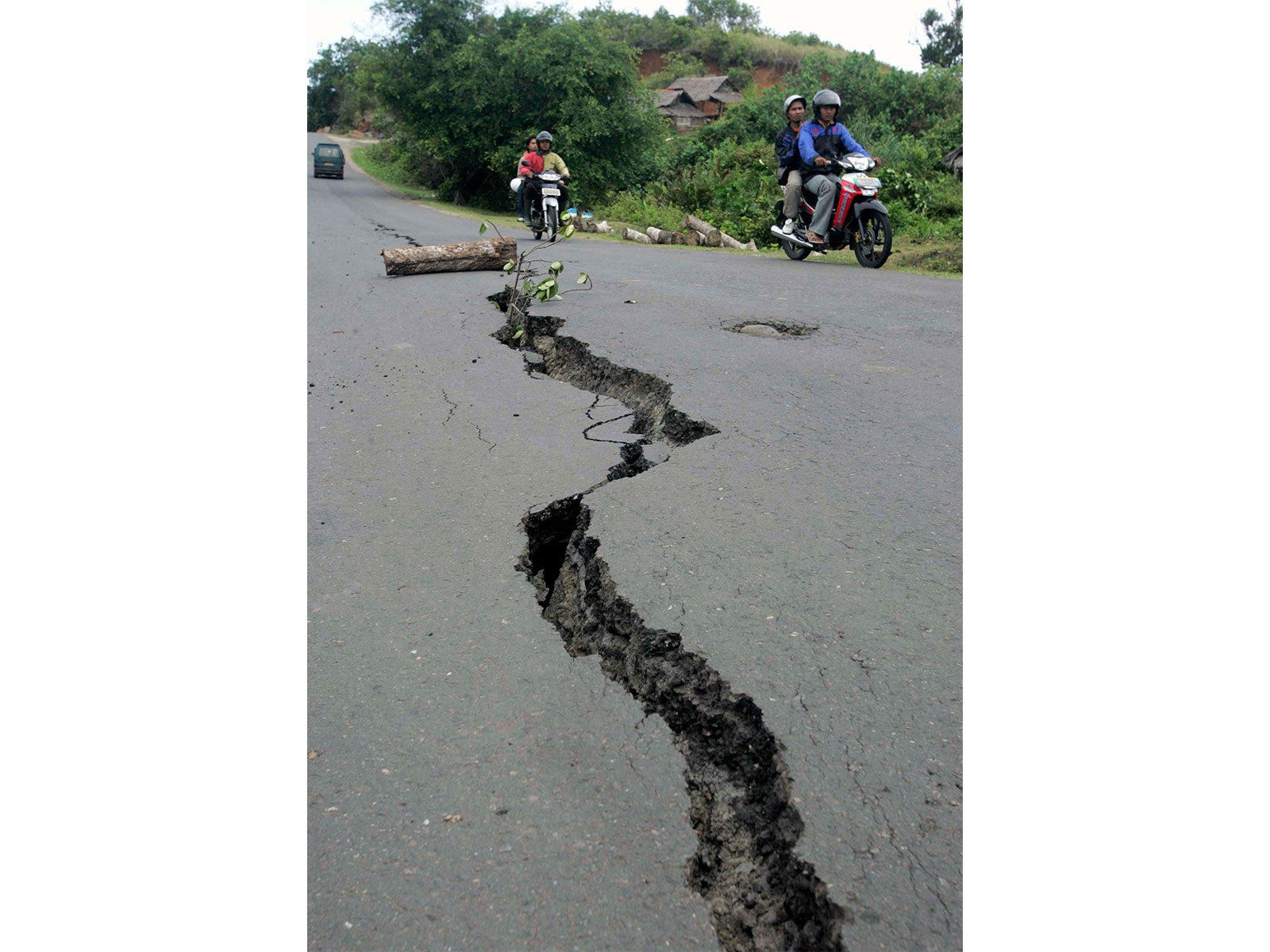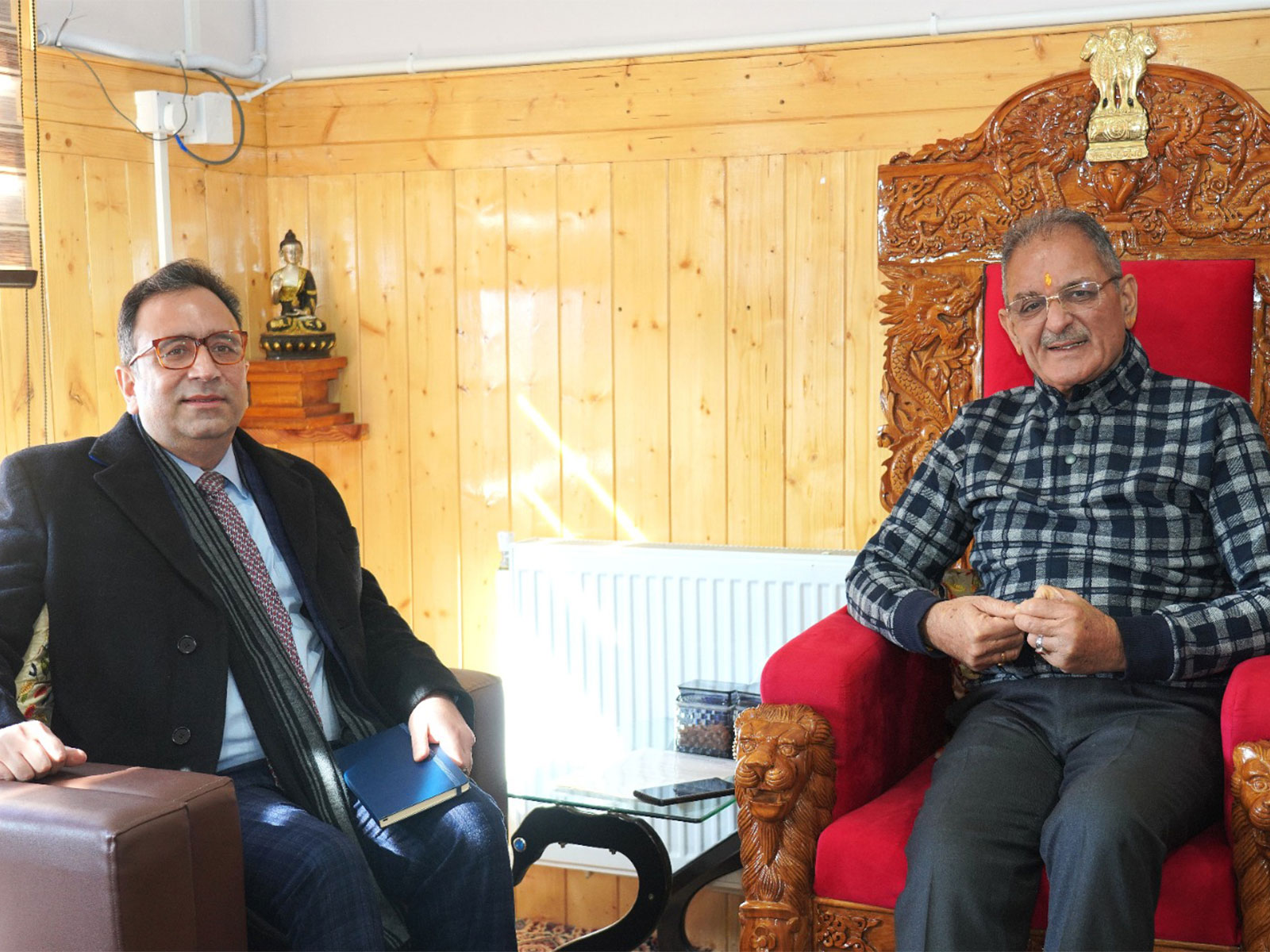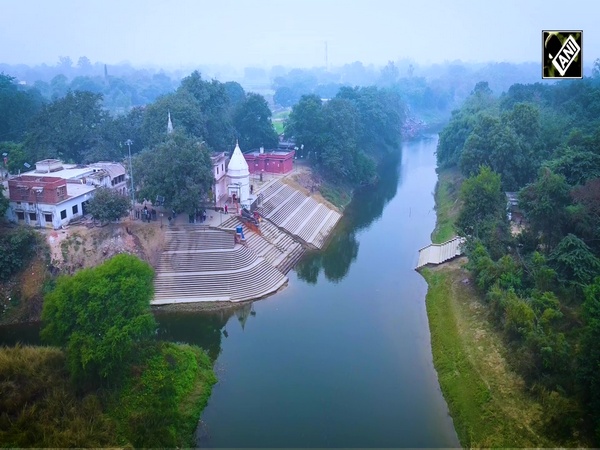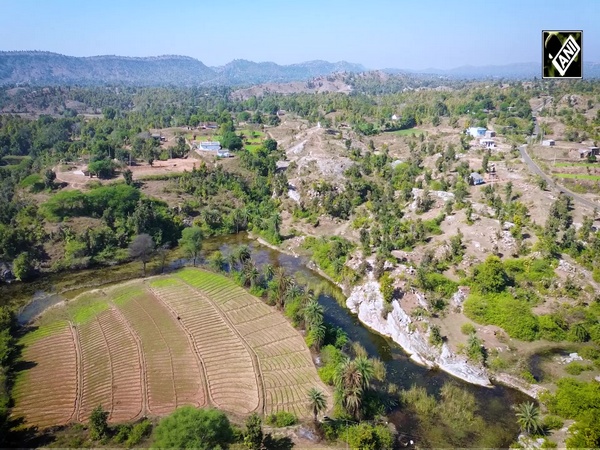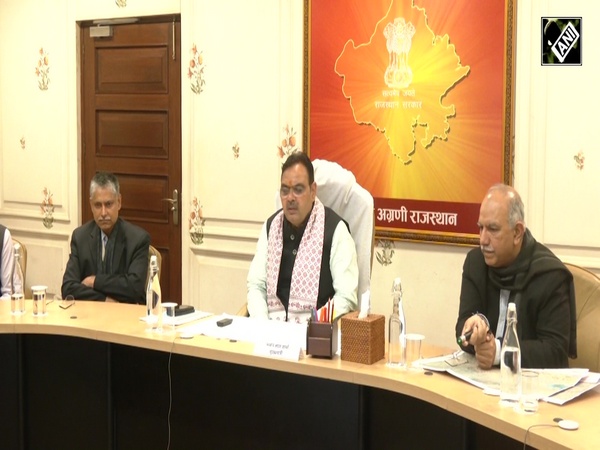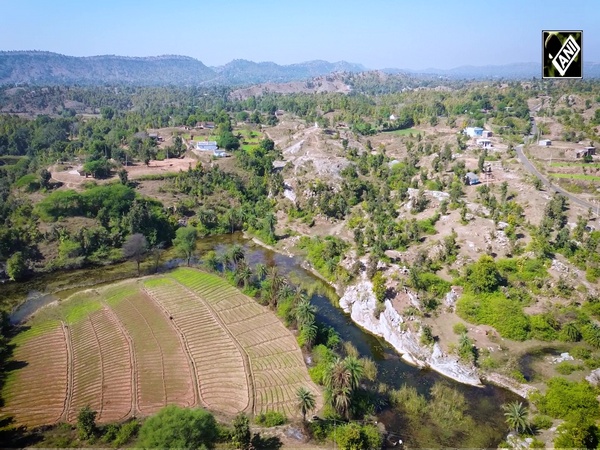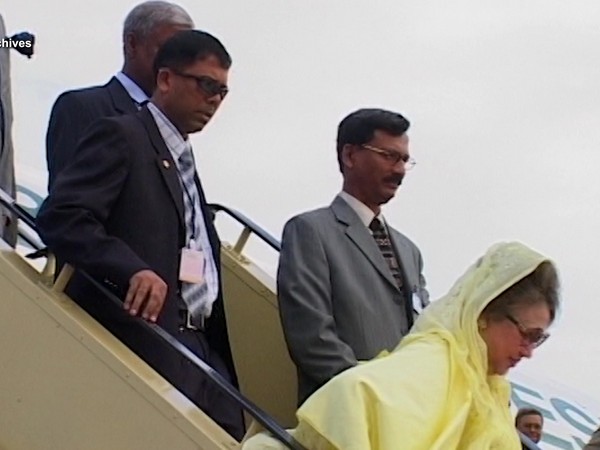Israeli researchers develop drought-resistant tomato
Apr 27, 2023

Tel Aviv [Israel], April 27 (ANI/TPS): Tomato varieties that require less water and produce a high yield, even in extreme drought conditions, have been developed by researchers at the Hebrew University of Jerusalem.
The study, recently published in the peer-reviewed journal, Proceedings of the National Academy of Sciences, was led by doctoral student Shai Torgeman and professor Dani Zamir from the Hebrew University Robert H Smith Faculty of Agriculture, Food and Environment.
The researchers identified interactions between two regions of the tomato genome that resulted in a 20 per cent to 50 per cent increase in the overall yield under irrigated conditions, as well as in droughts.
"The unique structure of the new population, which enables precise mapping of the tomato genes, has the potential for extensive application in other plants and could increase productivity," the researchers say.
Tomatoes grown in open field conditions need protection from pests and fertilisation and must be watered over time. However, the climate crisis and the severe water shortages around the world require alternative varieties and new cultivation methods that also guarantee adequate profits for farmers.
The researchers crossbred two tomato species--a wild tomato from the deserts of western Peru and the cultivated tomato--to identify which regions of the genome affect important agricultural traits, such as yields.
Individually, one genome didn't affect the crop, but when these genome regions appeared together, there was a significant contribution to fertility even in dry conditions.
"Studies of complex traits in plants, such as yield and resistance to drought conditions, have been based on significantly smaller populations of 200-plus species," Torgeman explained.
"This makes it impossible to identify all the interactions (epistasis) between the genes, as well as their influence on important agricultural traits. In this study, we genetically crossed two different species of tomato, and proved that by using a larger population and a genetic map that includes thousands of markers, it is possible to identify interactions that increase the yield," he said.
Zamir's lab has conducted DNA sequencing and extensive data analysis of 1,400 plants over the past four years. The researchers are seeking to commercialize these new tomato varieties.
"With global warming, farmers need tomatoes that can cope with changing weather conditions," Torgeman said. "Global warming does not only cause higher temperatures but also extreme weather like sudden torrential downpours or drought, so we need plants that have improved capabilities."
The research was conducted as part of the scientific cooperation with the European Union in the "Horizon 2020" program. (ANI/TPS)

